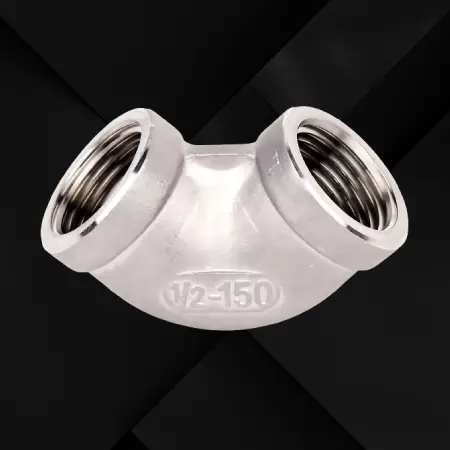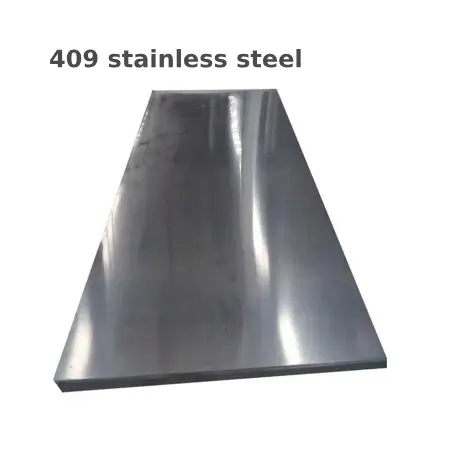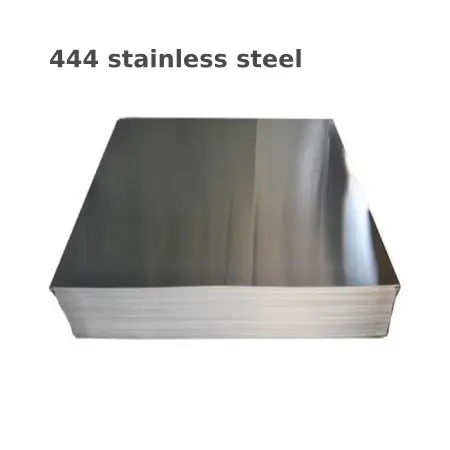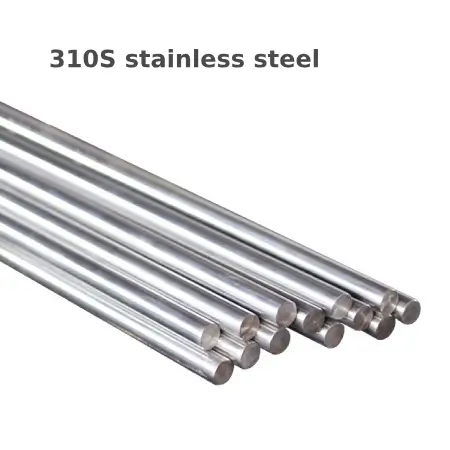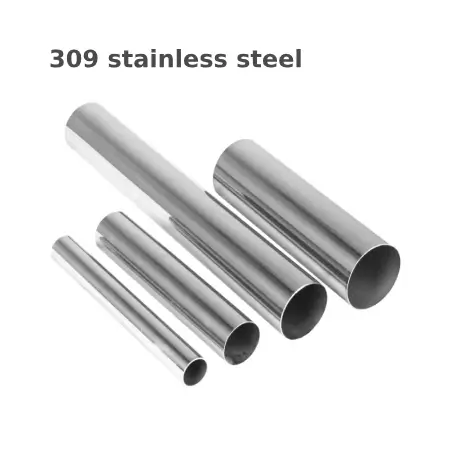Stainless steel sheet is a versatile and widely utilized flat rolled product made from stainless steel, known for its corrosion resistance, durability, and ease of fabrication.
Introduction to Stainless Steel Sheet
Material Composition: Stainless steel sheet is an alloy composed primarily of iron, combined with a minimum of 10.5% chromium to provide its unique corrosion-resistant characteristics. Other alloying elements such as nickel, molybdenum, and titanium may be added for specific properties.
Types: Stainless steel sheets are available in various types, including Austenitic (e.g., 304/304L, 316/316L), Ferritic (e.g., 409. 430), Martensitic (e.g., 410. 420), and Precipitation Hardening stainless steels (e.g., 17-4PH).
Grades: Different grades of stainless steel sheet are selected based on the required mechanical properties, weldability, and corrosion resistance.
Applications: Stainless steel sheets are used in a broad range of applications such as kitchen appliances, automotive components, construction, decorative panels, medical equipment, chemical processing, and food handling due to their excellent durability and hygienic properties.
Sizes: Comes in a range of standard and custom sizes, including various thicknesses, widths, and lengths, to suit diverse industrial and manufacturing requirements.
Surface Finishes: Stainless steel sheets can have different surface finishes like No. 2B, No. 4. No. 6. Polished (BA), Mirror, Hairline, and Satin to meet specific aesthetic and functional needs.
Forming: The sheets are amenable to a variety of forming processes, including bending, rolling, and stamping, making them suitable for complex part manufacturing.
Welding: Many stainless steel sheets can be welded using various methods and are often chosen for applications where joining components is necessary.
Properties: They exhibit a combination of tensile strength, ductility, and resistance to environmental corrosion, with some grades offering exceptional high-temperature performance.
Thermal Treatment: Stainless steel sheets can undergo thermal treatment processes such as annealing to soften them after cold working or to provide specific mechanical properties.
Cleaning: They are easy to clean and maintain, with most soils coming off with mild detergents and water.
Safety: Stainless steel sheets provide a safe material for contact with food and beverages, meeting rigorous hygienic and safety standards in the industry.
Certifications: They can be supplied with various certifications depending on the application, ensuring compliance with industry-specific quality and performance standards.
Environmentally Friendly: Stainless steel is 100% recyclable, contributing to the sustainability of products made from this material.
Stainless steel sheet is a material of choice for applications where strength, durability, and resistance to corrosion are required. Its versatility makes it suitable for both functional and decorative purposes across a variety of industries.


